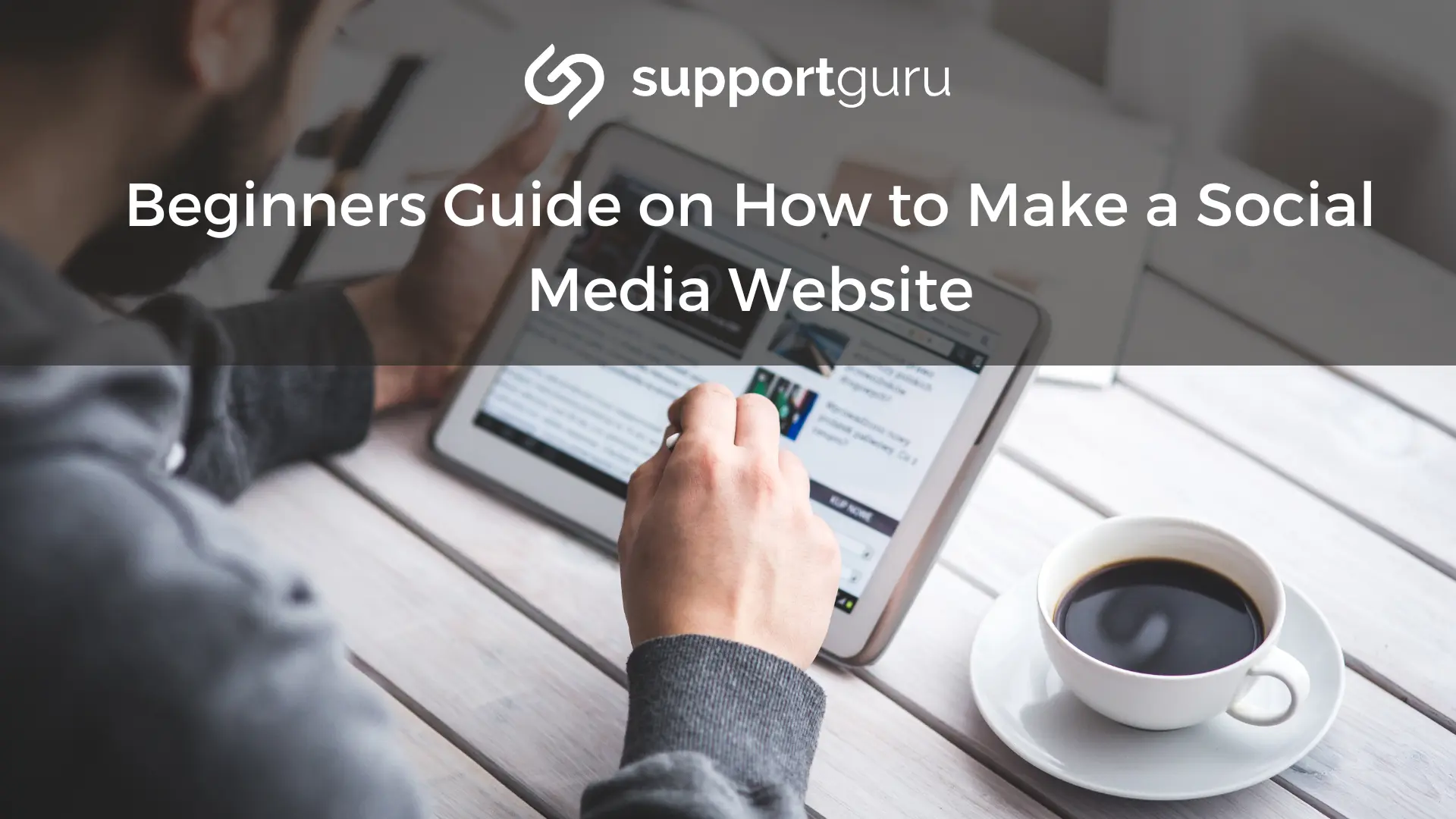To make a social media website, you have to delve a little deeper into the specific niche you're interested in and the type of interaction, and then create your website.
Before diving into development, carefully consider the core purpose and functionality of your proposed social media platform.
Fundamentals
The key questions you can ask yourself are:
Target Audience
Who is your ideal user?
Understanding your target demographics and their online behavior is crucial for shaping the features and overall user experience.
Consider age, gender, location, education level, income level, and occupation. Knowing these aspects can help tailor the platform's features and user interface to resonate with your specific user base.
Analyze how your target audience interacts with existing social media platforms. Do they primarily consume content passively, or are they actively engaged in commenting, sharing, and participating in online discussions?
Unique Selling Proposition (USP)
What will differentiate your platform from existing social media giants? Identify a gap in the market or a specific need your platform will address.
Perhaps there's a need for a platform that fosters in-depth discussions around a particular topic or profession.
Maybe there's a gap for a platform that prioritizes privacy and user control over content visibility. Focusing on a specific need that is not addressed by existing giants can be a strong differentiator.
Consider incorporating innovative features that set your platform apart. This could involve integrating unique content formats, gamification elements, or advanced user profile customization options.
Content Focus
What type of content will be the primary focus? Photos, videos, text-based posts, or a combination.
Platforms like Instagram prioritize visual content like photos and short videos. This caters to users who enjoy sharing visually appealing content and find inspiration through imagery.
Platforms like YouTube or TikTok focus on video content, attracting users who enjoy creating and consuming video content in various formats, including short-form videos, long-form tutorials, or live streaming.
Twitter or Reddit emphasize text–based communication, catering to users who enjoy discussing current events, engaging in debates, or sharing in-depth written content.
Building Your Social Media Platform
Once there is a clear establishment of a vision for your brand, you can begin exploring multiple approaches to making a social media website.
Website Development from Scratch
Offering maximum control over design, functionality, and scalability.
Website development from scratch to create a social media website requires significant technical expertise in programming languages like HTML and CSS and potentially server-side scripting like PHP or Python.
Additionally, building a robust and secure platform from scratch is a time-consuming endeavor.
Content Management System (CMS)
For beginners, leveraging a content management system (CMS) can significantly simplify the process of creating a social media website.
Popular CMS options, like WordPress, offer numerous plugins and extensions specifically designed to create social media functionalities like user profiles, feeds, and messaging systems.
- User-friendly Interface: Most CMS platforms provide an intuitive interface that doesn't require in-depth coding knowledge.
- Customization: A wide range of themes and plugins allow you to customize the look and feel of your platform.
- Scalability: Many CMS platforms offer solutions for scaling your website as your user base grows.
Beyond the development aspect, there are other crucial elements to consider when building your social media website.
Web Hosting: You'll need a reliable web hosting provider to store your website's data and make it accessible online.
Domain Name: Choose a memorable and relevant domain name that reflects your platform's identity.
Monetization Strategy: Explore potential revenue streams such as advertising, subscription models, or premium features.
Community Management: Establishing clear guidelines and actively managing user interactions is essential for fostering a positive and healthy online community.
How Social Media Can Be Productive
While social media can sometimes be a source of distraction, it can also be a surprisingly productive tool when utilized strategically.
Connect with colleagues and industry professionals, fostering collaboration and knowledge sharing. Use social media platforms to stay updated on industry trends and access valuable resources.
Promote your work or your company's services through social media channels. Social media platforms can be powerful tools for attracting skilled individuals and building a strong talent pool.
